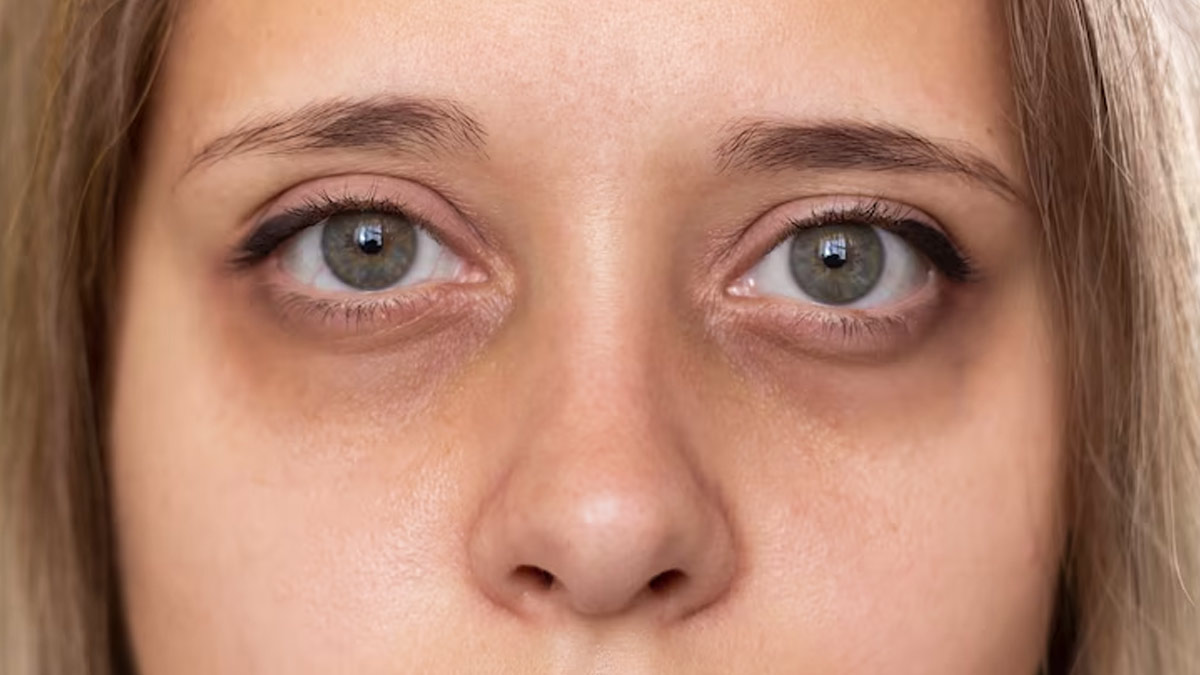According to the research, approximately 40 percent of individuals in the United States face thyroid eye disease (TED). This is more common in individuals who are experiencing Grave’s disease, which is an autoimmune disorder.
So, these are some of the common symptoms of thyroid eye disease. These include inflammation, redness, and eye irritation.
In more extreme situations, patients may have pressure on the optic nerve, retraction of the eyelids, and bulging.
Treatment options include:
- Medicines
- Surgeries
- Home cures
While some therapies focus on the TED itself, others take care of the underlying Graves’ illness. In this blog, you will get a complete understanding about the thyroid eye disease and what are the different treatment options for it:
What is Thyroid Eye Disease?
The inflammatory condition known as TED affects the fatty tissue and muscles behind the eyes. The eyes may bulge or stare forward as a result of this inflammation, or they may turn red and swell around the eyes and eyelids. In some people, the inflammation may affect the muscles around the eyes, throwing them out of alignment and producing double vision.
Rarely, ulcers that develop on the cornea’s surface or pressure on the nerve at the rear of the eye might result in blindness due to TED.
Since TED is an autoimmune illness, the body’s immune system attacks the patient, resulting in inflammation and scarring. Although it can sporadically affect people with an underactive or regularly functioning thyroid gland, TED is typically linked to an overactive thyroid gland brought on by Graves’ illness.
Approximately 25% of Graves’ disease patients experience TED prior to, during, or following a thyroid issue diagnosis. Graves’ orbitopathy (GO) or Graves’ eye disease (GED) are other names for TED.
Diagnosis of Thyroid Eye Disease:
A doctor must examine your eyes to look for symptoms of thyroid eye disease (TED), such as swelling or bulging. Your thyroid function may need to be examined using blood tests and a CT or MRI scan.
An autoimmune condition called TED causes destruction to the thyroid, a gland located in the front of the neck. Hyperthyroidism results from this overproduction of thyroid hormones.
In cases with TED, the immune system mistakenly targets tissue behind the eyes, resulting in eye symptoms like swelling or inflammation.
A variety of disorders affecting the thyroid gland can lead to the development of TED. It is known as Graves’ orbitopathy or Graves’ ophthalmopathy when it is part of Graves’ disease, which accounts for about 90% of cases.
Approximately one-third of those who have Graves’ illness will have symptoms. Five percent of cases result in moderate-to-severe ocular inflammation, which can lead to significant or irreversible abnormalities in vision.
Diagnosis
After evaluating your eyes and considering your symptoms, a doctor will typically suspect TED.
They may wish to measure the amount of bulging in your eyes, assess your color and visual field, or do an MRI or CT scan of the muscles and sockets in your eyes in order to confirm the diagnosis.
They might also wish to use orbital color Doppler imaging (CDI) to examine the blood flow in your eyes. Lastly, they might want to check the functioning of your thyroid, which they can do with a blood test.
Treatment Options for Thyroid Eye Disease
Thyroid eye disease (TED), also known as Graves ophthalmopathy, is an autoimmune condition where the immune system mistakenly attacks the tissues around the eyes. The condition is often associated with an overactive thyroid (hyperthyroidism) caused by Graves’ disease.
Treatment options for thyroid eye disease aim to manage symptoms, control inflammation, and improve the overall quality of life for individuals affected. The choice of treatment depends on the severity of the symptoms and can range from supportive measures to more aggressive interventions. Some of the treatment options include:
Supportive Measures:
Some of the supportive means that can help you overcome thyroid eye disease symptoms include:
- Artificial tears: To relieve dryness and discomfort in the eyes.
- Sunglasses: To protect the eyes from sunlight and wind.
- Sleep hygiene: Elevating the head during sleep can help reduce swelling.
Medical Therapy:
These are some of the common medical surgeries that can help you in treating thyroid eye disease:
- Corticosteroids: Oral or intravenous corticosteroids can be prescribed to reduce inflammation. However, long-term use may have side effects.
- Orbital radiation therapy: X-ray therapy to reduce inflammation, especially in moderate to severe cases.
- Orbital decompression surgery: To relieve pressure on the eyes by removing part of the bone around them.
- Eyelid surgery: To correct double vision or improve the appearance of bulging eyes.
Biological Infusion Therapy:
Biological infusion therapy involves the use of monoclonal antibodies to target specific components of the immune system and inflammatory pathways. Teprotumumab, a type of biological therapy, has shown promising results in the treatment of moderate to severe thyroid eye disease.
- Teprotumumab:
This is a fully human monoclonal antibody that inhibits the insulin-like growth factor-1 receptor (IGF-1R), which plays a role in the inflammation and tissue expansion seen in thyroid eye disease. Teprotumumab has been approved by regulatory authorities for the treatment of active thyroid eye disease.
Biological infusion therapy offers a targeted approach with potentially fewer side effects than traditional systemic corticosteroids. It is administered intravenously over a period of several months, with regular monitoring of the patient’s response.
It’s important to note that the choice of treatment depends on the individual patient’s condition, and treatment decisions should be made in consultation with a healthcare professional specializing in thyroid eye disease. The field of thyroid eye disease treatment is evolving, and new therapies may become available over time.
Fuse Infusion is Offering Help in Thyroid Eye Disease Treatment
We at Fuse Infusion provide the best treatment services if your doctor has prescribed biological therapy for thyroid eye diseases. With the use of specialist biologics, we treat thyroid eye disease and assist our patients in recovering from this chronic condition.
Throughout biological infusion therapy, each Fuse Infusion patient receives individualized attention and care from our certified medical professionals, offering comprehensive medical management.
At Fuse Infusion, we believe in offering premium-quality services to our patients. So, contact us to receive a biologic infusion today!

